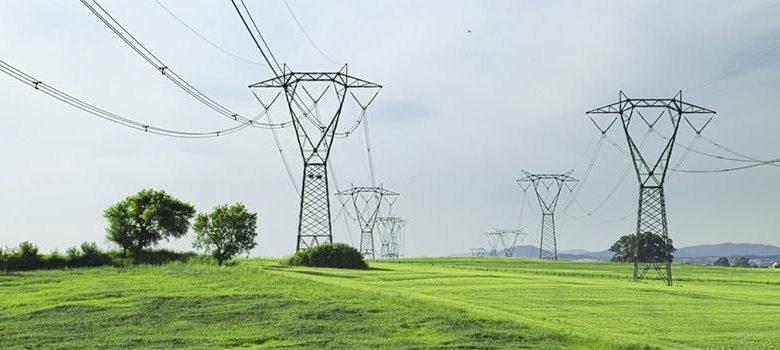
The U.S. government initiated a Quadrennial Energy Review (QER), following a Presidential Memorandum issued in January 2014. As part of this effort, the U.S. Department of Energy (DOE) requested that IEEE provide insights on a specific set of priority issues. IEEE-USA and IEEE Power and Energy Society (PES) organizations formed the IEEE Joint Task Force on QER to provide the IEEE response to the following DOE QER priority topics:
- Effects of renewable intermittency on the electric power grid and the potential role of storage in addressing these effects
- Utility and other energy company business case issues related to microgrids and distributed generation (DG), including rooftop photovoltaics
- The technical implications for the grid (bulk and local distribution) of electric vehicle (EV) integration – and the timing you see as necessary to avoid having the grid status slow down any potential progress
- The implications and importance of aging infrastructure and the options for addressing these challenges, including asset management
- Recommendations for metrics for addressing Smart Grid issues, especially to help policy makers determine the importance and necessity of protocols
- Skilled workforce issues
- Report cards on the condition and performance of the electric grid – (This was a lower priority topic not to be addressed in detail. It is planned to be addressed in the future)
The Joint Task Force on QER engaged a large IEEE volunteer community to support this initiative. The report is based on recent work by IEEE members and other recent engineering and scientific publications. The report has been extensively reviewed by IEEE membership, representatives from various industry organizations, utilities, RTOs, academia, and private companies.
Said EPC Chair Veronika Rabl of the Task Force’s work: “The IEEE-USA Energy Policy Committee is extremely proud of the hard work and deliberation it put into producing these reports, as requested by the Department of Energy. The joint effort with Damir Novosel, President Elect of the IEEE Power Engineering Society and its members and staff, has produced unbiased, expert analysis and recommendations that are being considered by decision-makers at the highest levels of DOE and within the Obama Administration. IEEE members everywhere can take pride in knowing that IEEE is an authoritative and respected voice on energy policy and technology issues in Washington, and around the globe.”
Below are links to the Summary Report and the Full QER Report:






